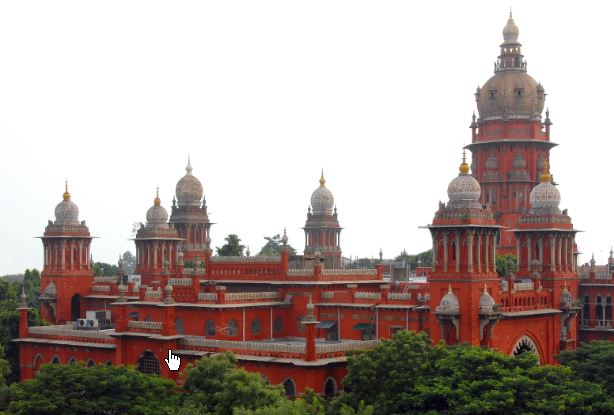Madras HC Directs Tamil Nadu Government to Implement Guidelines for Eliminating Corporal Punishment
The Madras High Court has instructed the Tamil Nadu government to implement the Guidelines for Elimination of Corporal Punishment in Schools (GECP) provided by the National Commission for Protection of Child Rights (NCPCR). Justice S M Subramaniam issued the directive to the Principal Secretary to Government, School Education Department, while passing interim orders on a petition filed by Kamatchi Shanker Arumugam.
What is Corporal punishment?
- Corporal punishment in schools has been a longstanding issue in India, with many children facing physical and mental abuse at the hands of teachers and school authorities.
- The NCPCR, a statutory body established under the Commissions for Protection of Child Rights (CPCR) Act, 2005, has been working towards eliminating this practice by issuing guidelines and recommendations to state governments.
Key Directives
The Madras High Court’s order includes the following key directives:
- The guidelines must be communicated to all educational institutions across Tamil Nadu and to the District Educational Authorities.
- District Educational Authorities are directed to sensitize school authorities to follow the guidelines scrupulously to protect the mental health of children.
- Suitable instructions are to be issued to district educational authorities to conduct seminars and awareness camps regarding the NCPCR guidelines.
- In case of any complaint, actions must be initiated by the competent authorities, and any lapse, dereliction, or negligence should result in departmental disciplinary proceedings under the Service Rules.
Scope of the Guidelines
The court emphasized that the guidelines are not limited to the elimination of corporal punishment but also cover any indirect form of harassment or circumstances affecting the mental health of children. Suitable remedial measures are to be provided by the competent educational authorities in such cases.
Significance of the Judgment
The Madras High Court’s order is a significant step towards ensuring the safety and well-being of children in schools across Tamil Nadu.
By directing the implementation of the NCPCR guidelines and establishing monitoring mechanisms, the court aims to create a conducive learning environment free from corporal punishment and harassment.
About National Commission for Protection of Child Rights (NCPCR)
- NCPCR is a statutory body established under the Commissions for Protection of Child Rights (CPCR) Act, 2005
- It works under the administrative control of the Ministry of Women and Child Development
- NCPCR’s mandate is to ensure that all laws, policies, programs, and administrative mechanisms align with the child rights perspective as enshrined in the Constitution of India and the UN Convention on the Rights of the Child
- The commission has a chairperson and six members, appointed by the central government
- NCPCR monitors the implementation of the Right to Education Act, 2009, and the Protection of Children from Sexual Offences (POCSO) Act, 2012
This judgment sets a precedent for other states to follow and strengthens the ongoing efforts to protect the rights of children in educational institutions.
Month: Current Affairs - April, 2024
Category: Legal & Constitution Current Affairs








